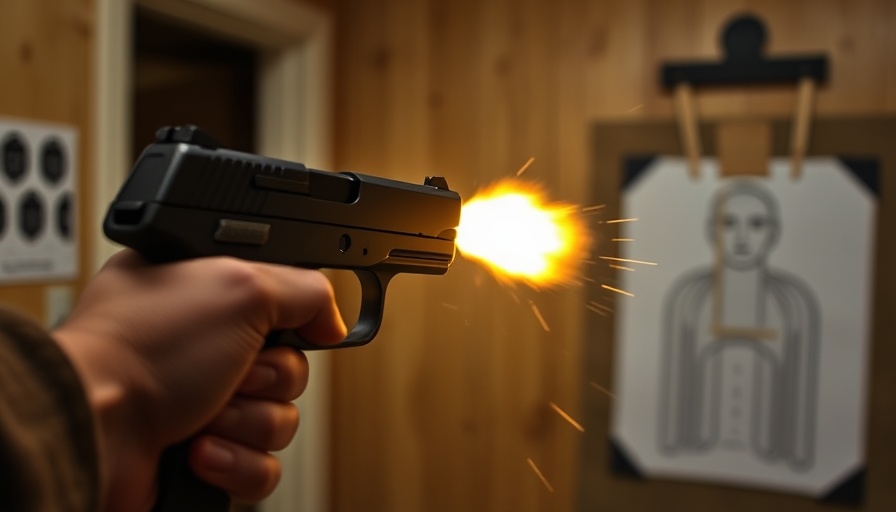
Sig Sauer Takes Legal Action Over P320 Ban in Oregon
In a bold move, the firearms manufacturer Sig Sauer has filed a lawsuit against the Oregon Department of Public Safety Standards and Training (DPSST) in Marion County Circuit Court, challenging a controversial decision to prohibit the company's P320 handgun and its variants from police training programs statewide. This lawsuit, filed on August 12, seeks not only to overturn the ban but also to recover economic damages, which Sig Sauer describes as 'improper, arbitrary, and capricious.'
What Triggered the Ban?
The foundation for the ban stems from a June 13 letter issued by DPSST Director Phil Castle. This letter referenced findings from the Washington State Criminal Justice Training Commission (WSCJTC) following an incident in Spokane in 2024. During this incident, a recruit's P320 allegedly discharged unintentionally during a training exercise, resulting in injuries to both an instructor and another recruit. Witness reports indicated that the recruit's finger was not on the trigger at the time of the discharge, raising questions about the circumstances surrounding this event.
While WSCJTC swiftly acted by prohibiting the use of the P320 due to safety concerns, Sig Sauer stands firmly behind the reliability and safety of their product. In fact, the P320 has gained widespread acceptance among U.S. law enforcement and military agencies, but it has faced scrutiny over allegations of unintended discharges, as detailed in investigative reports by The Trace and The Washington Post which documented over 100 such incidents.
Legality vs. Safety: A Complex Debate
At the heart of this contentious issue lies the balance between legal responsibility and public safety. Sig Sauer contends that the economic and reputational damages caused by the ban hinder police training, as it prevents officers from becoming familiar with a firearm they are likely to handle in the field. In their view, the allegations that prompted the ban are not substantiated by verifiable evidence and stem from vague hearsay.
Previous Legal Challenges
This isn't Sig Sauer's first legal hurdle over the P320. A prior challenge in Washington state was dismissed by a judge in June, demonstrating the challenges firearm manufacturers face in defending their products in a politically charged environment. The outcomes of these legal battles may have a broader implication on how firearms are regulated within law enforcement training.
Broader Implications for Law Enforcement Policing
The fallout from the P320 ban extends beyond the courtroom. The case highlights critical issues within law enforcement training protocols, officer safety, and accountability. As police departments strive for improved community relations and transparency, these events will likely inform future policy discussions about the equipment used by law enforcement officers. The ongoing dialogue around police technology and training is vital for ensuring officer readiness while upholding public confidence in policing practices.
The Future of Police Training Equipment
As the case develops, it raises questions about other policies governing law enforcement tools and the importance of ensuring contemporary training aligns with the realities officers face in the field. With increasing scrutiny on police transparency and accountability, how law enforcement agencies select and train with firearms will be integral to both their safety and efficacy in the community.
For members of police departments and policymakers alike, understanding the intersection of legal rulings, safety standards, and public opinion will be crucial to navigating these complexities. This lawsuit illustrates the challenges faced in the modern era of policing, where equipment and training methods can become contentious focal points amid calls for reform and accountability.
 Add Row
Add Row  Add
Add 

 Add Element
Add Element 


Write A Comment